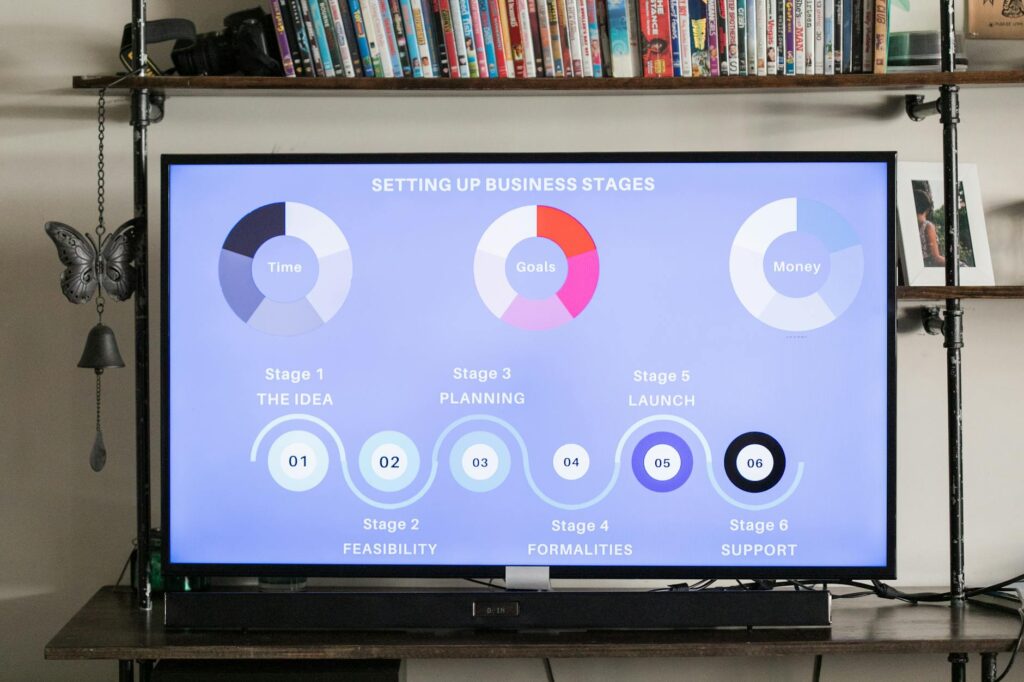What is time goals?

What is time goals?
Time goals are essential for enhancing personal productivity and managing how we allocate our limited time. Without a clear trajectory, it’s easy to feel overwhelmed or lost in our daily tasks. Time goals help clarify our priorities and lead us toward achieving our larger objectives. By honing in on effective strategies for setting and implementing these goals, we can significantly boost our productivity and work-life balance.
Understanding Time Goals
What Are Time Goals?
At their core, time goals are specific targets that define how we want to use our time. They provide a framework for achieving personal and professional objectives. For instance, if you want to complete a project by the end of the month, that becomes your time goal. It’s not just about what you want to achieve but also about defining when you want to achieve it. This clarity helps in prioritizing tasks and managing time effectively.
The Significance of Time Goals
Why do time goals matter? They serve multiple purposes in our lives. First, they create a sense of urgency, pushing us to take actionable steps rather than procrastinating. Secondly, they help in measuring progress. By identifying short-term time goals, we can track our achievements and adjust our plans as needed. This concept is echoed in discussions about setting both long-term and short-term objectives, highlighting the importance of a structured approach to time management. For more insights on this topic, you can explore what long-term goals are and how they shape our aspirations.
Setting Effective Time Goals
SMART Criteria for Time Goals
Setting effective time goals involves using the SMART criteria – Specific, Measurable, Achievable, Relevant, and Time-bound. This framework ensures that your goals are clear and actionable. For example, instead of saying, “I want to read more,” you could set a SMART goal like, “I will read one book each month for the next six months.” This specificity helps you stay focused and accountable.
Here’s a breakdown of the SMART criteria:
- Specific: Clearly define what you want to achieve.
- Measurable: Establish criteria to measure your progress.
- Achievable: Ensure that your goal is realistic and attainable.
- Relevant: Align your goal with broader objectives and values.
- Time-bound: Set a deadline to create urgency.
Breaking Down Time Goals
Once you’ve established your time goals, it’s crucial to break them down into smaller, manageable tasks. This process makes large goals less daunting and more achievable. For instance, if your goal is to complete a large report by the end of the month, you could break it down into weekly tasks: research, drafting, and revisions. This approach not only helps in managing time more effectively but also allows for regular assessment of progress.
Implementing Time Goals in Daily Life
Using Time Management Tools
Incorporating time goals into your daily routine can be greatly aided by using various time management tools. Whether it’s digital calendars, to-do list apps, or planners, these tools can help you keep track of your tasks and deadlines. Tools like ClickUp and Trello are great for organizing tasks and visualizing your progress toward your time goals.

Photo by RDNE Stock project
Evaluating Progress Toward Time Goals
Regularly assessing your progress is vital for staying aligned with your time goals. Set aside time weekly to review what you’ve accomplished and what still needs attention. This reflection helps to identify any roadblocks and adjust your strategies accordingly. It’s essential to be adaptable; sometimes, goals may need to shift based on new priorities or personal circumstances.
Common Challenges with Time Goals
Procrastination and Time Goals
Procrastination is perhaps the biggest enemy of effective time management. It can derail even the most well-structured time goals. To combat this, consider breaking your tasks into even smaller steps and rewarding yourself for completing them. Understanding the triggers for your procrastination can also be a game changer. When you recognize why you delay tasks, you can develop strategies to overcome those barriers.
Overcommitment
Taking on too many commitments is another obstacle that can hinder progress toward time goals. It’s easy to fill up your schedule with various tasks and obligations, leading to burnout. To avoid this, practice saying no to commitments that do not align with your primary time goals. Prioritizing essential tasks helps maintain focus and ensures that you’re dedicating your time to what truly matters.
Conclusion: Mastering Time Goals for Success
In summary, mastering time goals can lead to significant improvements in personal productivity and overall satisfaction. By understanding what time goals are, how to set them effectively, and ways to implement them in daily life, you can take control of your time management. Don’t let procrastination or overcommitment derail your efforts. Instead, embrace the strategies discussed here to make the most of your time and achieve your objectives. Start today, and turn your time goals into tangible successes!